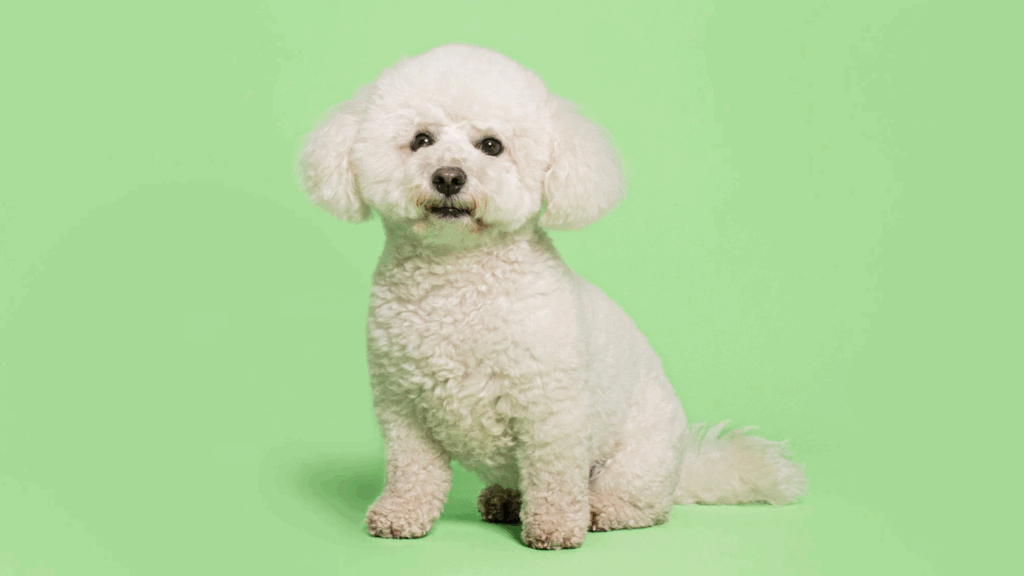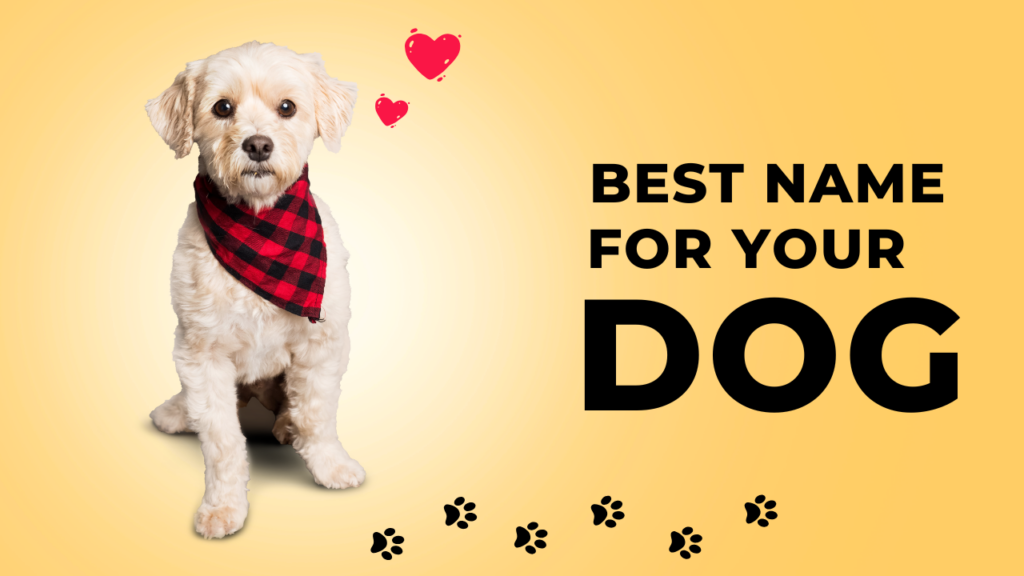The Bichon Frise is a small, elegant dog with a big personality wrapped in a cloud of white, fluffy fur. Known for its affectionate nature, gentle demeanor, and playful spirit, the Bichon Frise has charmed its way into hearts and homes around the world. Whether strutting through city streets or curling up on a cozy lap, this cheerful companion dog radiates happiness and love.
Origins and History
The Bichon Frise’s story begins in the Mediterranean region, where its ancestors—small, white, fluffy dogs—were traded and gifted across seafaring nations. It’s believed the breed descended from the Barbet and was part of a group of small dogs collectively called “Barbichon” breeds, which included the Maltese, Havanese, and Bolognese.
The name “Bichon Frise” means “curly lap dog” in French, and France is where the breed gained prominence. During the Renaissance, Bichons were adored by European nobility, particularly in the French, Italian, and Spanish courts. After a fall from royal favor, the breed became a popular street performer thanks to its intelligence and charm. In the 20th century, breed lovers in France and Belgium worked to restore the Bichon’s popularity, eventually earning AKC recognition in 1972.
Appearance
The Bichon Frise is often described as looking like a powder puff on legs due to its white, curly coat and round face framed by fluffy hair. Beneath that coat lies a sturdy and well-proportioned little dog.
Breed traits:
- Height: 9.5–11.5 inches
- Weight: 12–18 pounds
- Coat: Soft, dense undercoat with a curly, outer layer
- Color: Always solid white, though puppies may have cream or apricot tones that fade
- Eyes: Dark, round, and expressive
- Tail: Carried gracefully over the back
Their coat doesn’t shed much, making them popular among allergy sufferers, though regular grooming is essential.
Temperament and Personality
The Bichon Frise is beloved for its cheerful, affectionate, and social nature. They thrive on human interaction and are known to be great with children, adults, and other pets.
Key personality traits:
- Playful: Always ready for a game or romp in the yard
- Friendly: Rarely shy or aggressive, eager to greet strangers and make new friends
- Affectionate: Loves cuddling and being the center of attention
- Intelligent: Quick to learn and eager to please
- Adaptable: Comfortable in city apartments or country homes as long as they’re with their people
They are true companion dogs, happiest when included in daily life—whether that’s running errands, lounging on the couch, or going for walks.
Training and Intelligence
The Bichon is a smart and trainable breed, well-suited to learning tricks, commands, and even competitive obedience. However, like many small breeds, they can have a stubborn streak, especially if spoiled.
Training tips:
- Use positive reinforcement: treats, toys, and praise
- Start early socialization to build confidence and reduce fear-based barking
- Be consistent, especially with housebreaking, which can be a challenge
- Keep training fun and short to hold their attention
Because they are people-oriented, Bichons often do well in therapy work or dog sports like agility and rally.
Exercise and Activity
Though lively, Bichons are not overly demanding when it comes to exercise. They enjoy walks, playtime, and interactive toys but are also content to relax indoors.
Daily needs include:
- At least 30 minutes of moderate activity
- Playtime with toys or games like fetch
- Social outings for mental stimulation
While they enjoy being active, Bichons are equally content snuggling by your side once their energy is spent.
Grooming and Care
Bichon Frises have high-maintenance coats that require regular grooming to prevent mats and tangles.
Grooming essentials:
- Brushing at least 2–3 times per week (ideally daily)
- Professional grooming every 4–6 weeks
- Regular ear cleaning, nail trimming, and dental care
- Tear stain cleaning around the eyes, common in white-coated dogs
Their hypoallergenic coat makes them a good choice for allergy-sensitive households, but their grooming needs should not be underestimated.
Health and Lifespan
Bichon Frises are generally healthy and long-lived, often living 12–15 years or more with proper care.
Common health concerns include:
- Allergies and skin sensitivities
- Dental issues, especially if dental care is neglected
- Luxating patella (kneecap dislocation)
- Bladder stones and infections
- Cataracts or other eye conditions
Regular vet checkups and a good diet help support long-term health.
Is the Bichon Frise Right for You?
The Bichon Frise is a wonderful fit for individuals and families who:
- Want a small, affectionate companion
- Are prepared for regular grooming and coat care
- Can spend quality time with their dog daily
- Appreciate a playful, social, and smart personality
- Live in an apartment or home with or without a yard
If you’re looking for a lively, loving, and low-shedding dog, the Bichon Frise may be your perfect match.
Final Thoughts
The Bichon Frise is more than just a pretty face. Beneath the fluffy coat lies a heart full of love, loyalty, and joy. Whether you’re an active family, a senior looking for companionship, or a city dweller wanting a small, friendly pup, the Bichon is a breed that brings happiness into every room it enters. With the right care and attention, this cheerful companion will light up your life like a little white cloud of sunshine.

Andy Parker is a dog lover, writer, and senior editor at BarkPicks. With years of experience covering canine health, training, and gear, he helps pet parents make smarter choices for happier, healthier dogs. Andy shares his home (and heart) with two rescue pups, Charlie and Mia.



